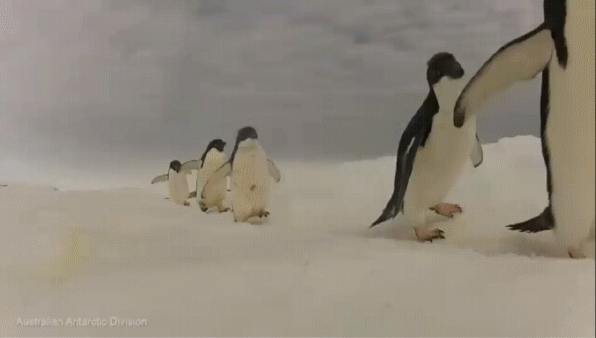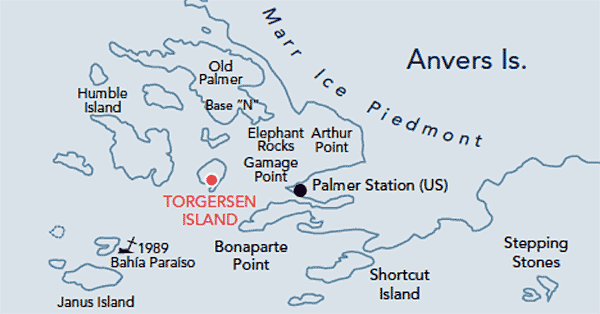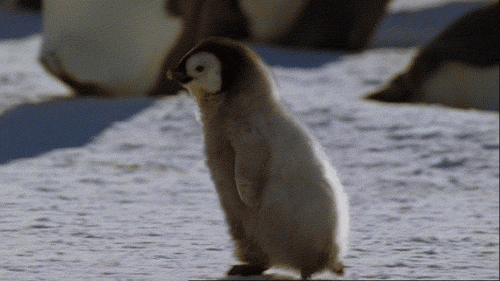
SUPPLIED
The University of Otago's Dr Thomas Mattern and DOC's Dave Houston fitting GPS dive logger to a penguin near Milford Sound.
They reckon there's no place like home, and for one group of penguins in Milford Sound the saying couldn't be more true.
When it comes to exploration and endurance swimming, tawaki/Fiordland crested penguins at Milford Sound would rather stay at home, new research shows.
Preliminary results from an investigation of tawaki behaviour have shown, while West Coast penguins travel up to 100km from their breeding colonies in search of food, those from Harrison Cove in Milford Sound seldom moved further than 1km. Only one adventurous bird travelled 9km to the outer reaches of Milford Sound.
Tawaki are one of three penguin species that breed on the New Zealand mainland. The population is thought to be between 2500 and 3000 breeding pairs and has been in decline since the 1950s.
The reason for this, an abundance of available food, could in turn signal a successful breeding season for tawaki in Milford.
The study was undertaken by the Tawaki Project, a collaboration between the Department of Conservation, University of Otago, Global Penguin Society, and West Coast Penguin Trust.
With the logistical support of local tourism operator, Southern Discoveries, scientists tracked the foraging movements and diving behaviour of Milford Sound tawaki using miniaturised GPS data loggers.
University of Otago scientist, Dr Thomas Mattern, said the project aimed to identify sea-based factors and El Nino that influenced the penguins' foraging and breeding success along the coastlines of South Westland, Fiordland and Stewart Island.
Tourism operators have also reported a high number of penguin sightings in Milford Sound this year. This was inadvertently made easier when 10 tawaki, involved in the Milford Sound study, had their mini GPS loggers fitted using industrial red cloth tape.
"This turned out to be a real asset as it allowed cruise boats and sea kayaking operators to report sightings of birds which substantially augmented the data recorded with the loggers." Mattern said.
source

















No comments:
Post a Comment